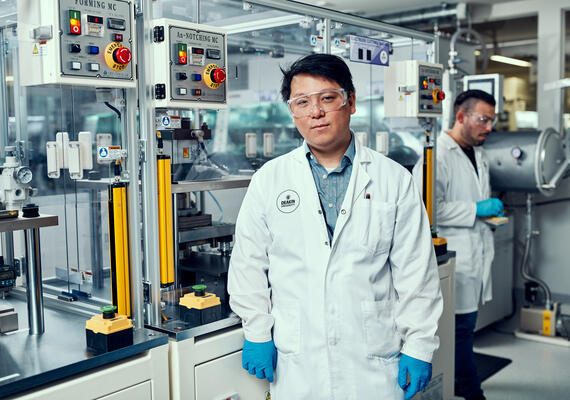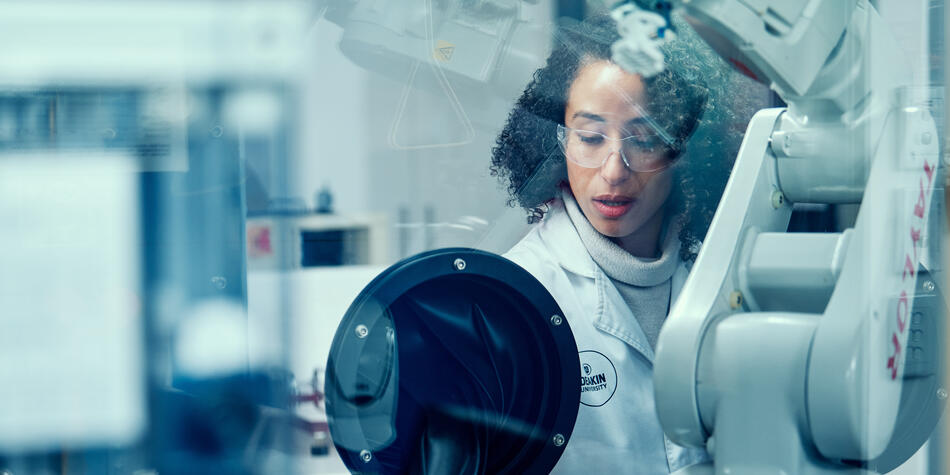Focusing on minerals that are more abundant, accessible and affordable, these batteries will have several environmental benefits. As well as protecting precious resources, they will aid the transition to electric vehicles and reduce CO2 emissions by hastening the replacement of petrol and diesel-powered vehicles. Fossil-fuel powered scooters are a dominant source of pollution in many cities, contributing to health-related effects from poor air quality, greenhouse gas emissions and Climate Change.
The immediate end goal is a cheap LMO-based battery that works well at the smaller scale, initially for use in electric scooters – a huge market in Asia – as well as small cars and power tools, amongst other applications. The potential international markets are enormous.
And the research is progressing at speed, Calix’s unique $2.7m electrically-powered BATMn reactor at Bacchus Marsh, the first of it's kind in Australia, was launched in 2019 to produce battery electrode materials. The reactor is a key provider of novel materials for the ARC Training Centre for Future Energy Storage Technologies.
Despite having a shorter range and requiring more frequent charging, these new batteries will have a very fast charging time of about 15 minutes, compared to the 6-12 hours of batteries in current electric vehicles.


